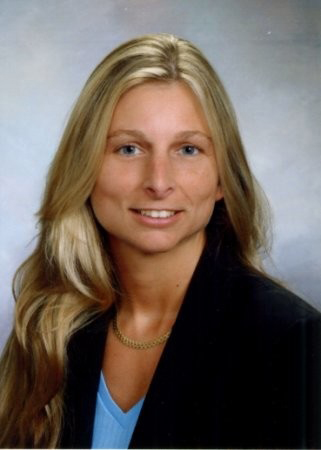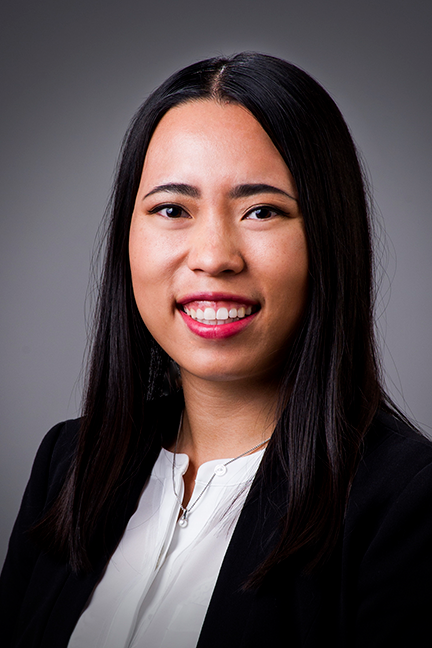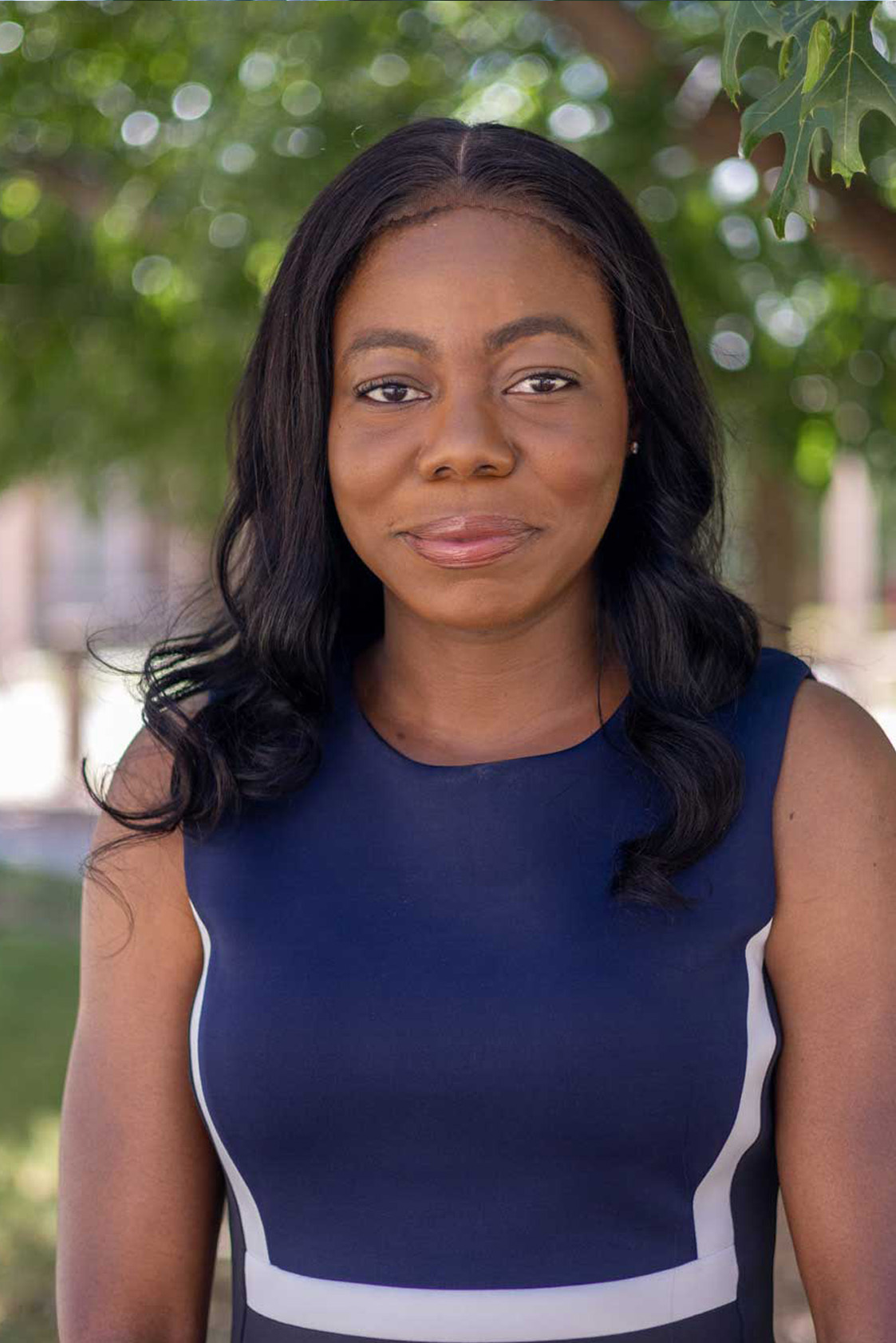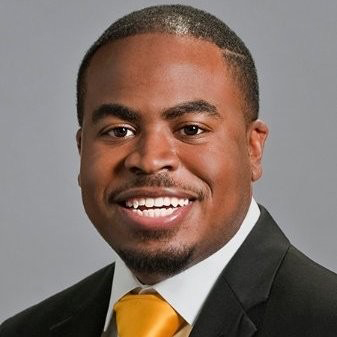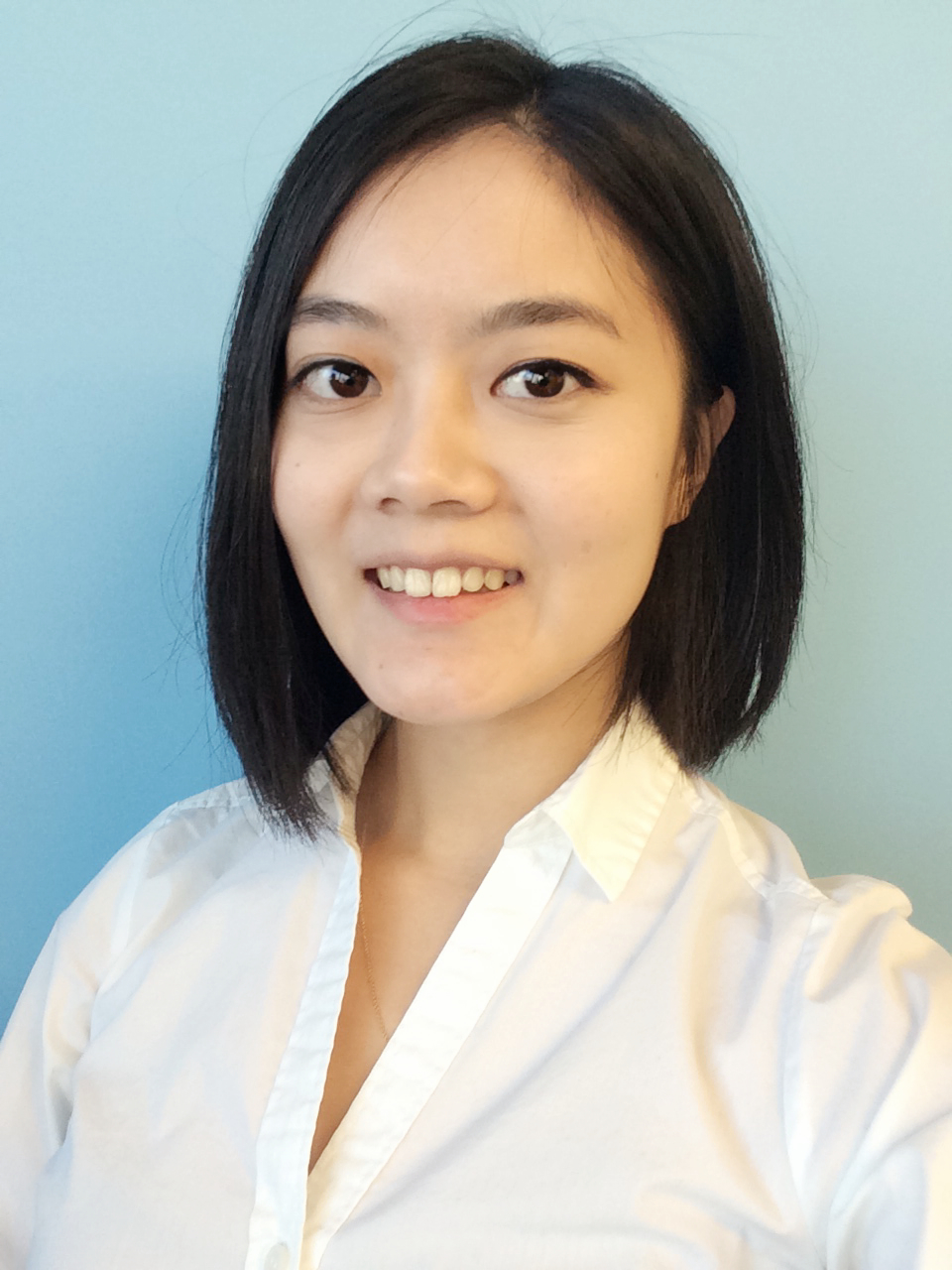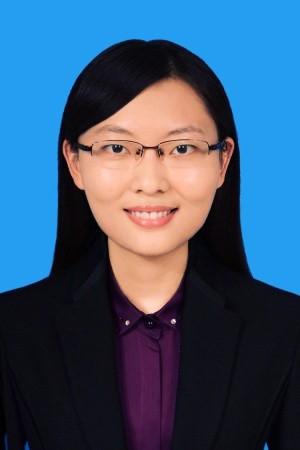
PhD in Business Administration Specialization in Accounting
The academic accounting field is characterized by rapid change and increasing
integration with all other areas of business, aiding in the decision-making process
of managers, investors and key stakeholders.
Request Information
Program Requirements
Completion of the program requires a minimum of 60 semester credit hours beyond a bachelor's degree, not including dissertation hours from BA 8000. Students with a limited background in business will also be required to take additional leveling courses.
Typically, students complete all credit hours in residence at Texas Tech. Twenty-four semester credit hours must be taken in residence during a 12-month period. Generally, only three credit hours from outside institutions (provided there is an equivalent course at Texas Tech) may be counted toward the required 60 credit hours, if approved by the area's doctoral coordinator. There is no foreign language requirement.
As part of the required 60 credit hours, students must fulfill a mathematics competency requirement and complete Advanced Statistical Methods (ISQS 5347) and Practicum in Higher Education for Business (BA 5395).
Program Overview
To excel in the School of Accounting, students must possess scholarly competence and actively contribute to the advancement of the accounting field through research efforts. This implies a broad knowledge of the subject and its literature, as well as a detailed understanding of current research in a specific sub-area of accounting. Students will complete both core accounting courses and specialized courses, which can be tailored to meet individual objectives and interests with the guidance of a faculty advisor.
All students are expected to have adequate familiarity with accounting basics. These
are defined by five seminar courses taught in rotation by accounting faculty members.
These courses focus on literature across a broad spectrum of accounting, including
both archival and behavioral/experimental courses where class topics cover article
readings from the various sub-fields of accounting.
Students will also engage in the accounting research workshop series each semester.
Featuring distinguished faculty from various institutions, the series exposes students
to a wide range of accounting issues that reach beyond their own specialization.
ACCT 6300 Introduction to ACCT Research
ACCT 6301 Seminar in Capital Markets Research
ACCT 6314 Seminar in Behavioral ACCT Research
ACCT 6300 Seminar in Archival ACCT Research
ACCT 6300 Seminar in ACCT Research Special Topics
With the consent of their faculty advisors, students can choose a content-area concentration that matches their interests and career aspirations, such as getting hired, promoted or tenured. Typical concentrations include financial accounting, managerial accounting, auditing, accounting information systems, and taxation. Accounting seminar courses will touch each of these content areas depending on the particular specializations of each faculty member teaching the course.
To ensure advanced development of analytical and research skills, students must pursue
research methods as a supporting field. A minimum of nine credit hours (three courses)
of supporting field coursework in research methods is required; however, when including
Advanced Statistical Methods (ISQS 5347), most students take 12-15 total hours.
ISQS 5349 Regression Analysis
ISQS 6348 Applied Multivariate Analysis
BA 6300 Advanced Business Research Methods; Structural Equation Modeling (SEM)
MGT 6381 Qualitative Methods & the Philosophies of Science
MGT 6381 Publishing Empirical Research and Scholarly Writing
BA 7000 Special Topics on Research Methods and Analysis
Many doctoral students will take research method courses from other departments, such as econometrics in the agricultural economics department or psychology courses, depending on their interests and goals.
Students must complete and present two summer research papers. The first paper is prepared during the summer following the first year of residence and presented in the fall of the second year. Similarly, students prepare their second paper during the summer following their second full year of residence and after taking comprehensive exams, and they present it during the fall semester of their third year.
Faculty evaluate each student on how well their papers were developed and written (the manuscript grade), as well as how well they verbally presented their paper and answered questions (the presentation grade). Students must receive passing grades for both the manuscript portion and the presentation portion of the academic exercise.
To reach the 60-hour requirement, students will work with faculty to determine the appropriate mix of elective and/or independent research coursework. Enrollment in these courses is largely determined by a student's progress with summer paper preparation, doctoral dissertation proposal or other research projects. Because doctoral proposals and other independent research require substantial faculty resources, enrollment will reflect the time required of faculty.
Upon completion of coursework, typically at the end of the second year, students are prepared for intensive examinations. The Comprehensive Exam will cover material from all doctoral seminars, research seminar series and may also include material from the supporting fields. Students are expected to go beyond courses through intensive self-study of the research literature. The Comprehensive Exam is composed of two full-day components: one covering archival research and the other focusing on behavioral/experimental research.
After successfully completing the comprehensive examinations, students are admitted to candidacy.The dissertation represents the culmination of the doctoral program in which a student learns and demonstrates the ability to conduct independent research.
Students should select a Doctoral Dissertation Committee as early as possible during their studies. Generally, most dissertation committees are composed of a total of four faculty members. The committee must include a chair who is typically chosen before the completion of coursework once the student has identified an area of interest. The committee chair may assist in refining a topic, suggesting potential committee members, and establishing a timeline and structure for the dissertation. Additionally, the committee must include two additional faculty members from the Area of Accounting, one of which must be tenured and tenure-track. Students can choose to include additional faculty from other academic areas.
Catering to students with diverse backgrounds, interests, and expertise, our program offers flexibility and choice in both the curriculum and dissertation. Students can choose courses that match their research interests and can opt for either a traditional or a three-paper model dissertation.
The traditional dissertation defense requires a student presentation that summarizes the research question(s), methods, results and conclusions. In a peer-review setting, doctoral candidates are expected to demonstrate mastery of accounting research and show the capability to conduct ongoing independent research.
Research
Our program aims to cultivate scholars who can conduct significant research in their chosen field. To enhance their research skills and develop strong competencies for conducting state-of-the-art research, students work closely with faculty in small classes, colloquiums, departmental workshops and seminars.
Specifically, our joint faculty/doctoral student research workshops provide deeper insight into issues facing the profession, substantive research, and innovative ideas from internal and external accounting professionals. Additionally, the workshops foster collaboration between students and faculty, by providing opportunities for joint research, publication and professional development.
Students are also encouraged to interact with the professional community by attending and presenting papers at professional meetings. When possible, the Area of Accounting will provide financial support for this purpose.
Recent Graduate Placements
Our alumni have secured competitive faculty positions at prestigious institutions across the globe.
The following is a detailed list of the initial placements and dissertation topics of our recent doctoral graduates over the last five years.
Current Students
- 806.742.3184
- BA 281
Rawls College of Business
-
Address
Rawls College of Business, Box 42101, 703 Flint Avenue, Lubbock, TX 79409 -
Phone
806.742.3188 -
Email
ba_webmaster@ttu.edu



